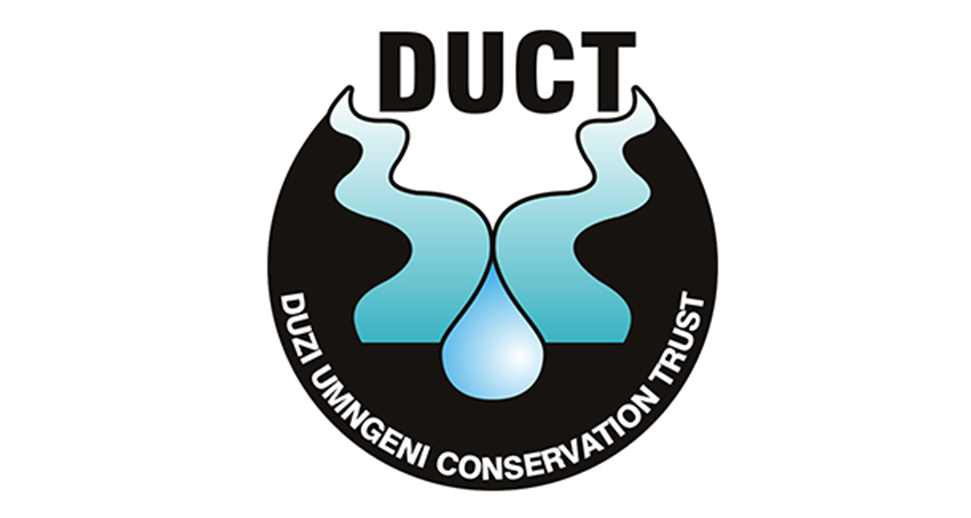 Quality Trend - uMsunduzi
Quality Trend - uMsunduzi
 Pietermaritzburg - Latest Standard Data
Pietermaritzburg - Latest Standard Data
Note - Water Quality for races on the Duzi River
Water is always released from the Henley Dam for the canoe races in Pietermaritzburg. The quality of water released from Henley is typically very good (less than 500 E.coli per 100ml). As this is a higher flow than the flow in the river without the release, this Henley water does significantly improve the quality of the water that paddlers are exposed to.
Interpreting the results
If you are a microbiologist or a seasoned paddler the stats above might mean something to you… but if not, you might find the following table useful when trying to interpret what the E.coli count means for you as a paddler.
E. coli bacteria occur naturally within mammal digestive systems and most of them are not harmful in any way. However, because they are so common E. coli data are considered useful as a general indicator of a wide range of other potential human pathogens, and thus also of the possible presence of sewage related water quality problems. In the absence of other data, E. coli numbers are useful in allowing a general assessment of other potential water quality risks.
| E. coli count/100mL | Water quality “assessment” | Assessment of probable risk to canoeists |
| *0 – 130 | Considered acceptable for full contact recreation – excellent / likely natural catchment | Extremely low risk |
| 130 – 1 000 | Good – within the range expected for quite good catchment conditions, but significant / increasing risk of illness if used for full contact recreation | Very Low risk |
| 1 001 – 4 000 | Fair resource condition, natural sources (i.e. not people) are still possibly the E. coli source, but increasing likelihood of human faecal / sewage contamination. Unacceptable for swimming | Low, but increasing risk |
| 4 001 - 10 000 | Degraded - Significant faecal input or some sewage contamination is indicated. Other water quality parameters are likely to be poor | Moderate risk (approx. 1 in 10 may get sick) |
| 10 001 - 25 000 | Unacceptably Poor, sewage contamination definitely present | Moderately high canoeing risk (approx. 1 in 5 may get sick) – some likelihood of illness esp. in white water |
| 25 001 - 50 000 | Bad, with significant environmental consequences | High risk (approx. 1 in 3 may get sick) – consider not canoeing or paddle on flat water only, with no risk of falling out |
| >50 000 | Severely contaminated | Very High canoeing risk – (approx. 1 in 2 paddlers may get sick) |
*Note, the only acceptable value for drinking water quality is ZERO per 100 mℓ. No naturally occurring surface water should be expected to have E. coli this low (even in large dams). If zero E. coli results are achieved for a natural water, contamination by disinfectants is the likely cause
Thanks to Talbot Laboratories, Umgeni Water and WSP Environmental for monitoring the water quality in Durban and Pietermaritzburg on a weekly basis. DUCT does additional sampling at strategic times and places.


 |
Dusi Race WQ Canoeing version 1999-2020 with morbidity history |



